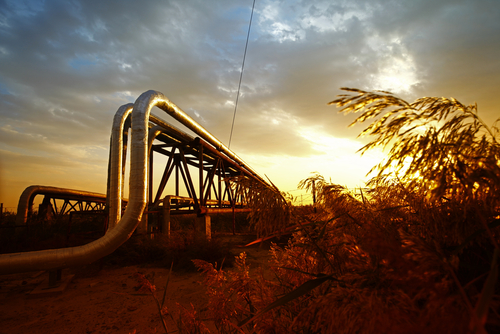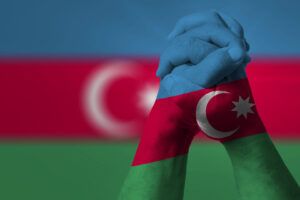The European Union and Eastern Partnership countries have identified 20 key areas with targets for 2020. As a result of the meeting in Brussels on November 24, they approved a joint declaration. According to the document, continued support will be provided to the long-term cooperation within the Energy Community, which will facilitate meeting the relevant commitments by the Eastern partners. In particular, it comes to making the strategic Southern Gas Corridor operational and its further extension towards Central Asia, strengthening of electricity interconnection between Georgia and Armenia, modernising the Ukrainian gas transmission system and storages etc. It’s planned to allocate 225 million euro for energy efficiency measures.
Ukraine and Moldova have recently expressed willingness to cooperate on energy efficiency projects. The State Agency on Energy Efficiency and Energy Saving of Ukraine and the Energy Efficiency Fund of Moldova have signed a memorandum of understanding in the sphere of energy efficiency, renewable energy and alternative fuels as part of the ninth International Investment Business Forum “Renewable Energy and Energy Efficient Modernization of Industry”. A memorandum of understanding envisages the search for grants from the European Union and joint submission of applications from Moldova and Ukraine to obtain financing for energy efficiency projects. Since 2012, the Energy Efficiency Fund of Moldova has fully funded over 250 energy efficiency and renewable energy projects in Moldova for more than $ 28 million.
A significant progress is observed in cooperation between Armenian government and leading banking institutions. The European Bank for Reconstruction and Development is ready to implement investment programs in the most essential areas in Armenia. The EBRD Vice President Alain Pilloux stressed it on November 30, as he met with Armenian Prime Minister Karen Karapetyan. Parties discussed future prospects for cooperation and singled out energetics as a promising area for cooperation. The whole package of EBRD-Armenia cooperation includes 158 programs with a fund of 1.1 billion euro. Along with it, the Yerevan Municipality and the European Investment Bank signed a 7 million euro agreement on December 1. The EIB loan is aimed at the improvement of the energy efficiency of public buildings. Thus, carbon dioxide emissions, as well as the financial costs of energy services are expected to reduce.
The European Commission is calling on allocating a loan to two sections of Azerbaijani gas pipeline project. A corresponding letter was sent to the European Investment Bank. Currently, a bank is considering loans of 2 billion euros to two sections of the pipeline, from Azerbaijan to western Turkey and from Greece to southern Italy (TANAP and TAP). The EBRD Board of Directors approved $ 500 million loan for TANAP on October 18. It was issued for a period of 18 years. Among the main priorities of the EBRD in Azerbaijan for 2017 is a support of the local corporates with direct financing. The EBRD continues to invest in energy projects, especially where a gap in energy efficiency and security exists.
Previous experience of the EU-post-Soviet countries cooperation on energy projects can be defined as predominantly successful. Therefore, further cooperation in this area is definitely promising.




